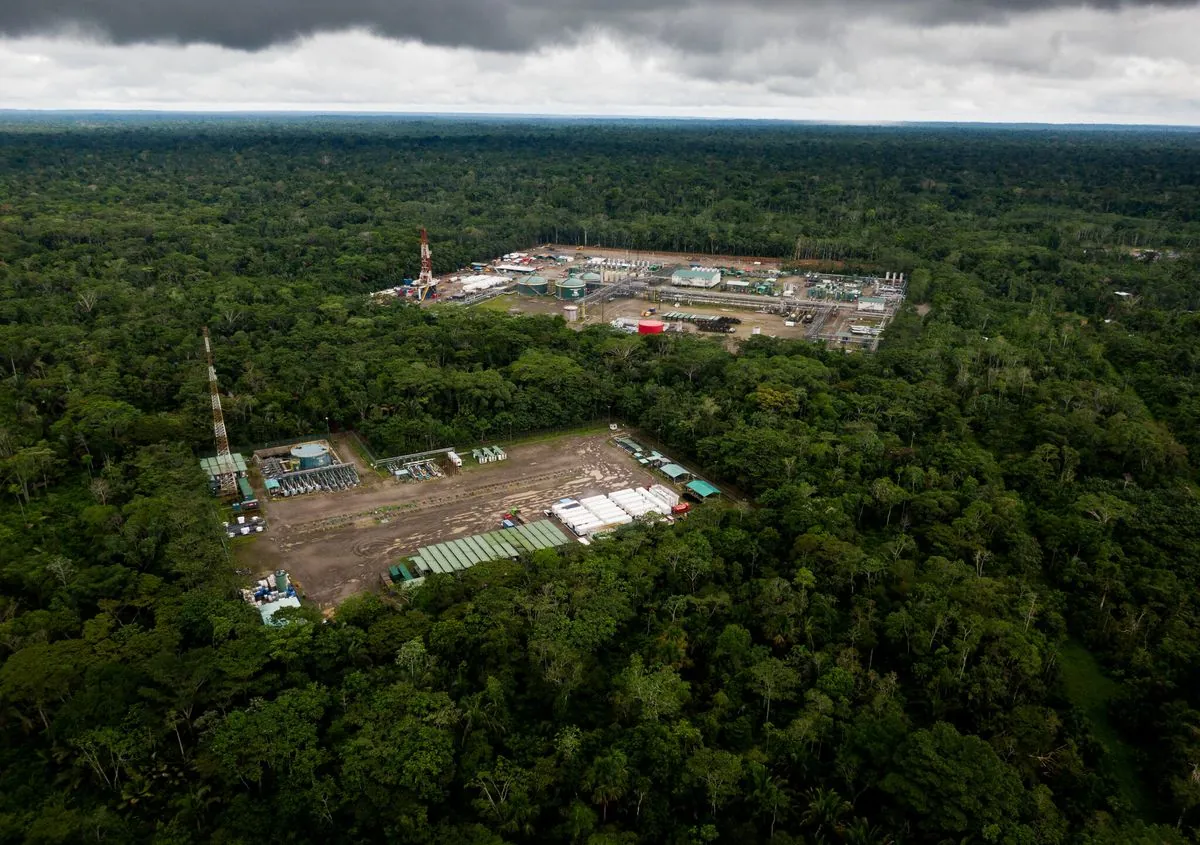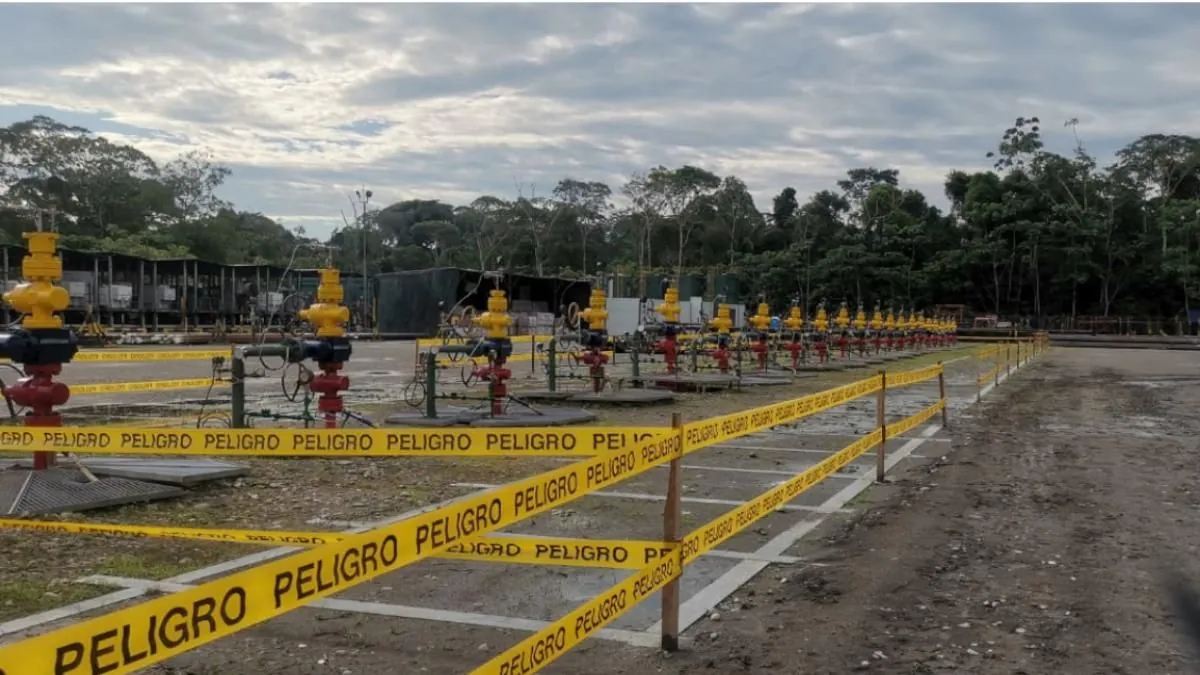Ecuador Initiates Closure of Amazon Oil Wells Following Environmental Vote
Ecuador begins shutting down oil wells in the Yasuni nature reserve, adhering to a public referendum. The complex process, expected to last until 2030, will impact national production and Indigenous communities.

In a significant move towards environmental conservation, the Ecuadorian government has commenced the process of closing oil wells in the 43-ITT block, situated within a vast nature reserve. This action comes in response to a public referendum held in August 2023, where voters supported ending drilling operations in the area due to environmental concerns.
The energy ministry reported the closure of the Ishpingo B-56 well, marking the beginning of a complex operation involving 247 wells. This initiative is part of a broader plan anticipated to span approximately five-and-a-half years, highlighting the intricate nature of the task at hand.
Antonio Goncalves, the energy minister, emphasized the challenges involved, stating, > "Complying with the closure of ITT is not an easy job, it requires special and technical planning."
The 43-ITT block, operational since 2016, has been a significant contributor to Ecuador's oil production, yielding around 50,000 barrels per day (bpd). This output represents a substantial portion of the nation's total crude production, which stands at approximately 480,000 bpd according to official data.

The decision to halt oil drilling in this region carries substantial economic implications. Government estimates submitted to the constitutional court indicate that the cost of ending operations at the block will exceed $1.3 billion. This financial burden comes at a time when Ecuador, like many oil-dependent economies, is grappling with the need to diversify its revenue streams.
The closure also impacts the seven Indigenous communities residing in the Yasuni reserve, Ecuador's largest protected area within the Amazon rainforest. These communities will no longer receive the legally mandated funds from Petroecuador, the state-owned oil company, which were provided as part of the drilling agreement.
While the government projects that all wells should cease operations by December 2029, the complete removal of infrastructure from the block may extend until August 2030. This timeline reflects the enormity of the task and the careful approach required to minimize further environmental impact during the decommissioning process.
This move aligns with Ecuador's unique constitutional recognition of the rights of nature, making it the first country to enshrine such protections in its fundamental law. The Yasuni National Park, designated a UNESCO Biosphere Reserve in 1989, covers an expansive area of approximately 9,820 square kilometers and is renowned for its exceptional biodiversity.
The closure of the 43-ITT block represents a pivotal moment in Ecuador's environmental policy, balancing economic needs with conservation efforts. As the country works towards its commitment to achieve net-zero deforestation by 2030, the successful execution of this oil well closure plan will be crucial in demonstrating Ecuador's dedication to preserving its natural heritage for future generations.


































